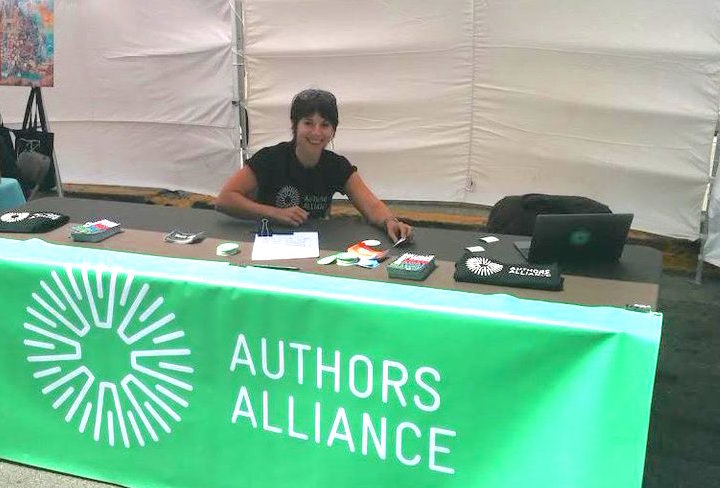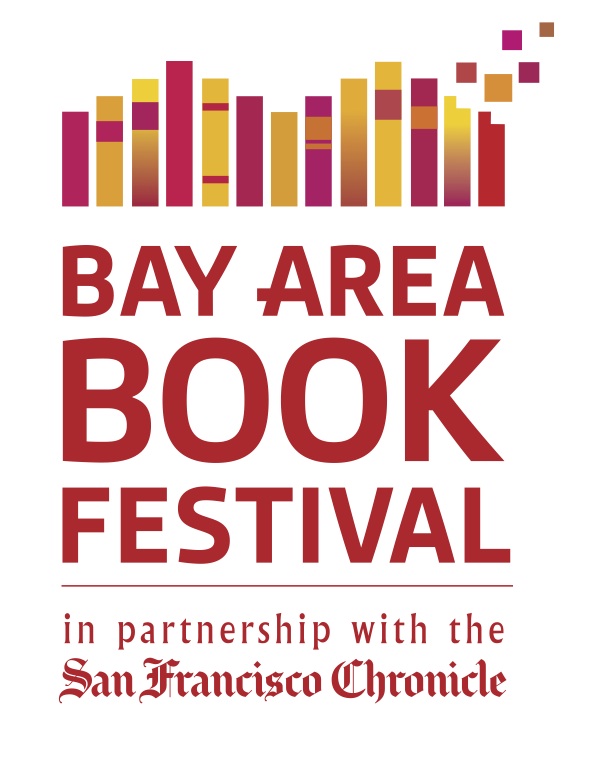After you get your rights back with Understanding Rights Reversion, how will you make your work newly available? The internet offers no shortage of ways to disseminate your work, but it’s still not necessarily easy to see your work successfully placed in all the channels you would like. Authors Alliance is committed to helping its members take full advantage of the digital age’s promise for their recovered works, and this online guide is part of a series designed to help them with that goal.
Last updated: 2016-10-13
So you have your rights back, and have big dreams about what you’ll do next. Release your work as an open access title—something that was perhaps unimaginable when it was originally published? Maybe convert it into an “enhanced” electronic version? Update it for release as a new edition?
Before doing any of these, you will need a digital version of the text. Do you have one? If not, don’t panic: there’s more than one way to get your work back out there.
Step 1: Can your publisher provide a copy?
As we stress in Understanding Rights Reversion, recovering rights to an out-of-print or otherwise unavailable title does not have to be an adversarial or acrimonious process. While your publisher is not likely under an obligation to furnish you with any digital copies in their possession, they might nevertheless do so out of goodwill.
Contract Drafting Tip: you can include a commitment from the publisher to furnish you with digital copies of your work in the case of a reversion. Consider doing so!
Your own word processing files, or those recovered from your publisher, will be the easiest and best way to make your reverted work available because modern files can be painlessly converted to the most popular e-reading formats. But there’s still hope even if you don’t have that advantage.
Step 2: Find and “unlock” other existing digital versions
Authors Alliance has written many times before about how mass digitization efforts benefit authors by making their work more discoverable. But there’s an additional advantage for authors looking for digital copies of their work: a scanned copy of the document might already exist as the result of a mass digitization effort. Authors with the necessary rights can often work with these projects to see their works “unlocked” and made newly available.
Have documentation regarding your rights reversion on hand to demonstrate your ownership of the necessary rights, and then consider tracking down copies from some of these existing collections:
HathiTrust is a digital library partnership of dozens of academic libraries, containing millions of titles indexed for full-text search. While in-copyright titles are not viewable, individual rights holders can change the availability of their works by filling out a simple permissions form, available here.
In addition to opting to make your work available, the HathiTrust permissions form also helps authors to apply a Creative Commons license to their work. For more information on why you might want to use a Creative Commons license, and the ins and outs of the various choices, take a look at Chapter 4 of our guide, Understanding Open Access.
The HathiTrust process is a simple way to both make your work available, and to gain access to a pre-existing digital copy. Authors Alliance members Robert Darnton, John Kingdon, Joseph Nye, Stephen Sugarman, and others have taken this route.
Google Books is the world’s largest book scanning effort, currently containing tens of millions of volumes. As with HathiTrust, Google does not make in-copyright books available to the public, but instead allows their text to be searched. And, as with HathiTrust, authors who have reverted rights can make their work available through the Google Books service. However, Google’s process is a little more difficult.
First, you’ll need to be a “partner” at the Google Books Partner Center, essentially, signing up as a publisher on the Google platform. Please note that, as of the time of writing, Google is not allowing new sign ups for this platform. However, some of our members have nevertheless been able to secure accounts after talking with Google support.
Once set up with an account, support should be able to link your partner account with your work, and make it available on the terms you request.
Finally, The Internet Archive, the internet’s own non-profit library, is another source that might have a scanned copy of your book. There is not yet a formal process for unlocking books on the Internet Archive, but stay tuned—we’ll be updating this post with more information as we work with them to make the process easy for authors. In the meantime, try reaching out directly to the Archive at info@archive.org with a link to the page containing your work and let them know that you’ve recovered rights and would like to see it unlocked.
Step 3: Scan and OCR your book
If you cannot find an existing digital copy, you can still make one. There are any number of book scanning services out there (a quick web search will turn up many), and the Internet Archive can also both non-destructively scan and host your books.
You may also request that Google scan your book at one of its Library Partners. According to HathiTrust, you may use this form to make the request. If the book is scanned at a Library Partner that participates in HathiTrust, it will also end up in HathiTrust, at which point you will need to complete the HathiTrust permissions agreement.
When scanning, there are a few things to consider. Some book scanning processes are destructive, resulting in the loss of the book. Not something to do with a rare copy!
You will also want to consider quality. Scanning is simply photographing pages. Those pages can (and should) undergo “optical character recognition” or “OCR,” where the computer works to identify and read text on the page. Better quality scanning helps with quality OCR, which will help give you a more usable, discoverable, and readable document.
Have further questions? Stick around! Further posts in this series will explore where and how works can be posted in order to maximize their discoverability and usability. You can also always email us at reversions@authorsalliance.org, or join us as a member to get our latest updates.




